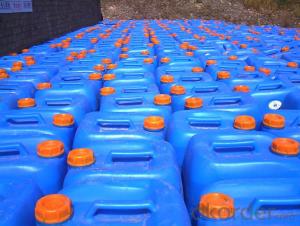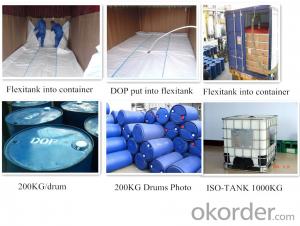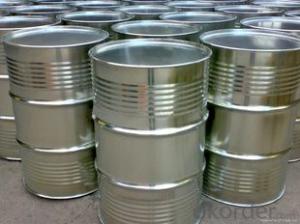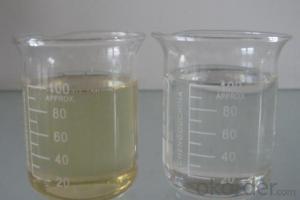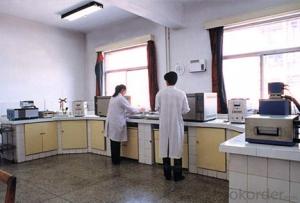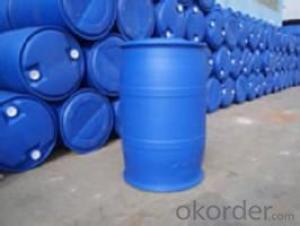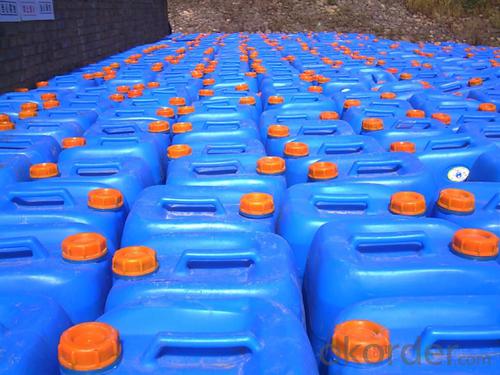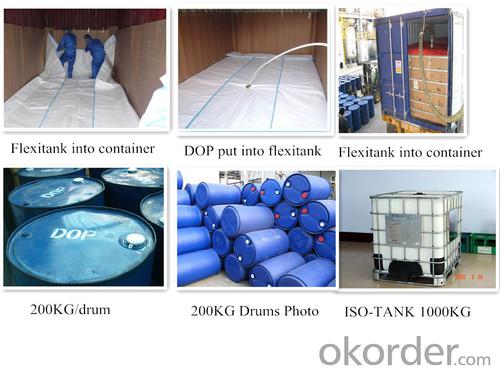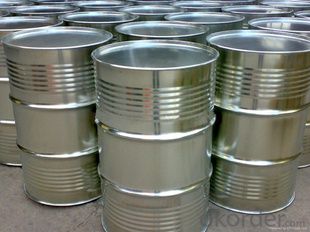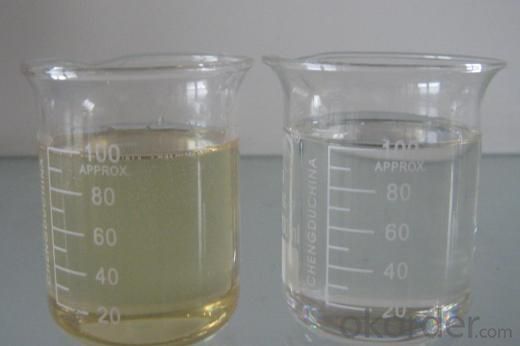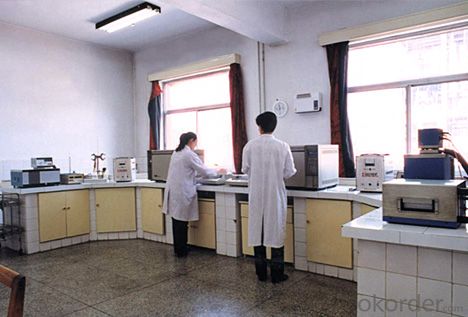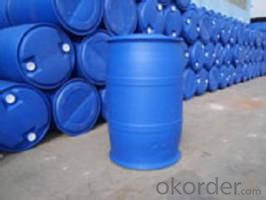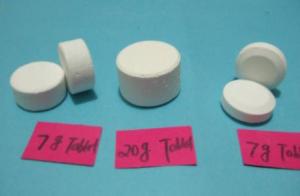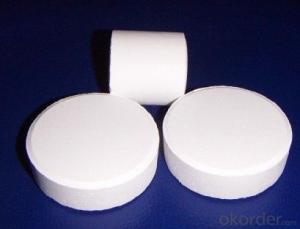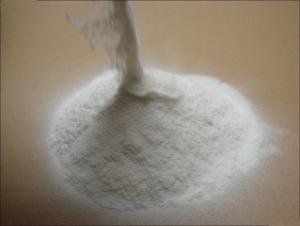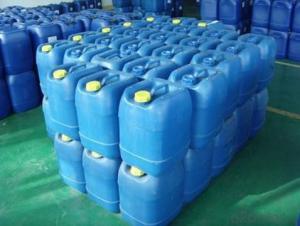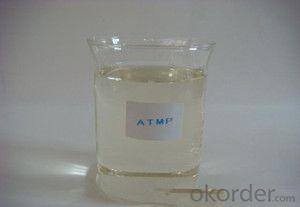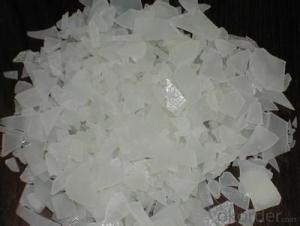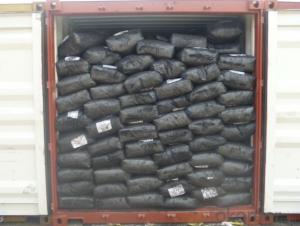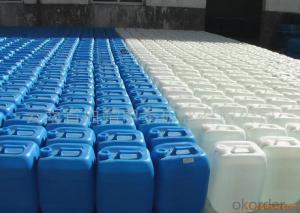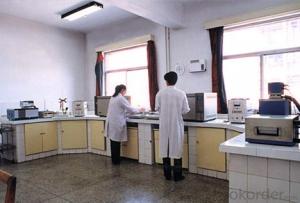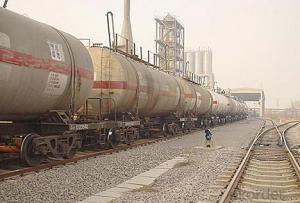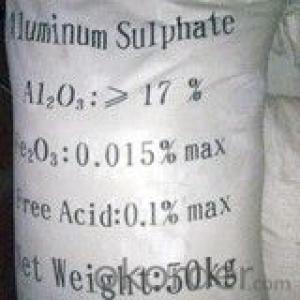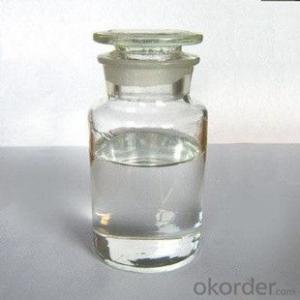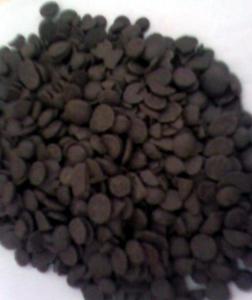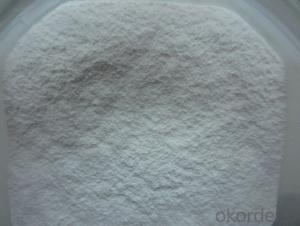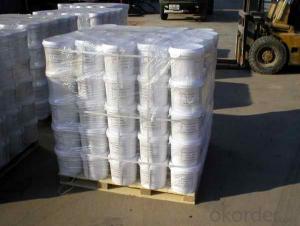DEDB, Diethylene Glycol Dibenzoate, Environmental friendly plasticizer, CAS: 120-55-8
- Loading Port:
- Tianjin
- Payment Terms:
- TT OR LC
- Min Order Qty:
- 16.8
- Supply Capability:
- 8000 m.t./month
OKorder Service Pledge
OKorder Financial Service
You Might Also Like
Product performance:
Polyol Benzoate (DEDB) is colorless or pale yellow transparent oily liquid, water-insoluble, soluble in aromatic hydrocarbons, ketones and ethers, and has good compatibility withpolyvinyl chloride, ethylene - vinyl acetate copolymer, poly vinyl acetate, polymethylmethacrylate, polyvinylbutyral, nitrocellulose, and ethyl cellulose, etc.
Product application:
Polyol Benzoate(DEDB) is an environmentally friendly plasticizer with the characteristics of strong solubility, good compatibility, low volatility,resistant to oil, water, light, pollution etc. It is suitable for processing PVC flooring material, plastisol, artificial leather, cable material, soft and hard pipe, shoes material, rubber strips, synthetic rubber, and paint, printing ink, etc. It has a better plasticized effect if it is used together withDOP or DBP, and has greatly achieved the purpose of reducing cost .
Product quality index
Item | First grade | Second grade |
Chroma(APHA) ≤ | 50 | 60 |
Ester % ≥ | 99.5 | 90.0 |
Density(20°C)g/ | 1.120-1.126 | 1.172-1.78 |
Acidity(as benzene dicarbonic acid) % ≤ | 0.01 | 0.02 |
Flash Point °C ≥ | 195 | 192 |
Loss on heat(125°C,2 hours)% ≤ | 0.3 | 0.5 |
Chroma after heat treatment | 80 | 100 |
Specifications
1. Direct producer with 15 years experience
2. ISO9001:2000
3. High quality, lower price and best service
4. New plasticizer
Packaging: IBM, net weight: 1000 kg.
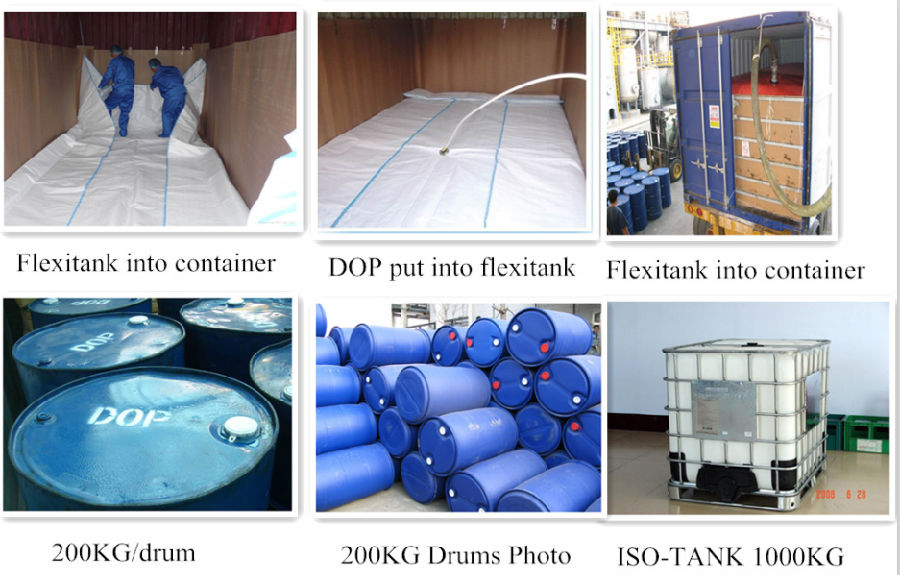 Our Factory:
Our Factory:
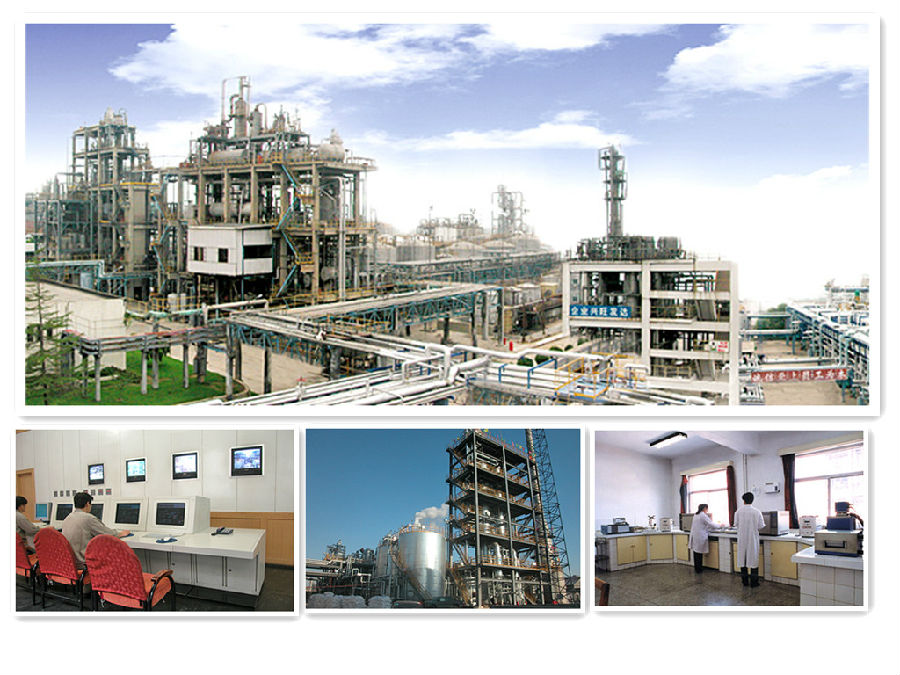
- Q: What are the pharmaceutical manufacturing companies now using PT / AL_203 catalysts?
- Yueyang Eagle Hill Petrochemical Plant
- Q: What are the examples of chemical catalysts used in life?
- The use of new synthetic materials makes life more comfortable. Only wood, sand and grapes are natural building materials, but they need to be combined and protected with synthetic chemicals. Cement is a chemical product, As the adhesive used in the laminate and the metal used in the nail are chemical products, the glass is made by the chemist, and the improved product, such as heat-resistant glass (trade name Pyrex glass), becomes more tough. Paint is chemist design and creation, and many modern solid materials are also the same. Plastic is synthetic, they are used in kitchen and bathroom utensils, also used in the name of the product called Formica bakelite and its related materials, beverage bottles, Cutlery and utensils. Porcelain is made by chemists and used in kitchen and bathroom sinks and other fixtures. Metal is made of chemical changes made from ores. Aluminum was once a laboratory treasure, but used An electrochemical method, which now can be easily made from alumina, at least a portion of the carpet and decorative fabric used for the use of synthetic fibers and synthetic dyes to color. Freezer and air conditioner with special chemicals as coolant ; Gas and gas stoves can be used syngas or natural gas, the combustion process is still the chemical change.Our room with gas or oil industry to produce fuel to heat, this fuel is from the natural crude oil refining and chemical We have made use of synthetic chemical products and materials made in the chemical processing industry, such as plaster or wall panels, outer panels and roof panels, as well as tiles and carpets, to heat our buildings. The stove itself and the distribution of heat The pipes are made of chemical products - metal, insulating materials and ceramics. The current enters the home through the copper wire of the outsourced insulator, both of which are products of the chemical processing industry
- Q: The addition of the catalyst has no effect on the chemical equilibrium of the movement
- Factors that affect the chemical balance of movement are mainly concentration, temperature, pressure and so on.
- Q: what is the role of a catalyst in a chemical reaction?
- It increases the rate of reaction by lowering the requirement of energy needed to carry out the chemical reaction. Hope that helped.
- Q: How are the 4 characteristics of a catalyst (1. organic or inorganic 2. reusable 3. Highly specific, and 4. lowers activation energy) important in preforming life functions? please be as specific as possible, i understand that these are characteristic, i just don't understand why they're beneficial, other than the reusable and lowers activation energy one.
- Organic or Inorganic - the catalyst (enzyme) must be organic to be found in the cell. Catalysts speed up chemical reactions inside a cell and must therefore be organic to be a functioning part of the cell. Reusable - There are so many reactions that catalysts are involved in that it would be a waste for the cell if a catalyst could only last one reaction, especially if there are inhibitors and competition for the active site. Catalysts must be reusable in order to keep the cell functioning. Catalysts always remain unchanged after a reaction. HIihly Specific - Catalysts are only made to catalyze one specific chemical reaction. Their active site has proteins bonded in such a way that only certain elements can enter the active site and H bond with those proteins. The fact that they are highly specific maximizes the productiveness of the cell. And it ensures that the cell only has catalysts to reactions that it needs to be completed. It also ensures that the elements are correctly bonded with eachother. If any two elements could enter the active site, there is no guarantee that the correct product will be produced. Catalysts and Enzymes must be super highly specific in order to properly function. Lowers Activation Energy - The more energy a cell has to spend to catalye a reaction, the worse it is for the cell and the less ATP is has for other reactions. Catalyts hold the substrates together so there is less energy that is needed to have the two substrates react with eachother. Activation Energy is the energy that is needed to start a reaction. So the less energy used by the cell for reactions, the better for the cell. Hope this helps
- Q: How does active charcoal catalyze in some chemical reactions?
- Activated carbon is generally in the catalytic reaction to do more carriers, has not yet seen its catalyst to report.
- Q: What is the standard for the storage of flammable and explosive chemicals now?
- First, the basic requirements of classification of storage Dangerous goods, variety, complex performance, storage, in accordance with the zoning, classification, sub-section of the principle of special storage, set the number, set the number of fixed warehouses, fixed staff (four) custody. Small warehouses should be classified, divided, sub-stack storage, the performance of each other, fire fighting different items, dangerous dangerous goods and other general dangerous goods, should be stored separately.
- Q: Why extract the genome, the digestion is always not cut
- The enzyme, like the general catalyst, only catalyzes the thermodynamics of the permissible chemical reaction, shortening the time to reach the chemical equilibrium without changing the equilibrium point. The enzyme as a catalyst has no qualitative and quantitative changes before and after the chemical reaction. The mechanism of action of enzymes and general catalysts is to reduce the activation energy of the reaction.
- Q: Is it not the rate to accelerate the addition of the catalyst to the catalyst, and that is why the balance does not move
- In the chemical equilibrium, after adding the catalyst, the positive and negative reaction rate increases equally, but the positive reaction rate is still equal to the reverse reaction rate, so the balance does not move
- Q: If the college entrance examination questions related to whether the catalyst involved in the reaction, how should I answer. (We must college entrance examination, I hope you help out, thank you.)
- The catalyst is involved in the reaction in the chemical reaction. Because it participates in the chemical reaction, it can change the course of the reaction, reduce the activation energy, increase the reaction rate, and the quality and chemical properties before and after the reaction. I hope to help you;
Send your message to us
DEDB, Diethylene Glycol Dibenzoate, Environmental friendly plasticizer, CAS: 120-55-8
- Loading Port:
- Tianjin
- Payment Terms:
- TT OR LC
- Min Order Qty:
- 16.8
- Supply Capability:
- 8000 m.t./month
OKorder Service Pledge
OKorder Financial Service
Similar products
Hot products
Hot Searches
